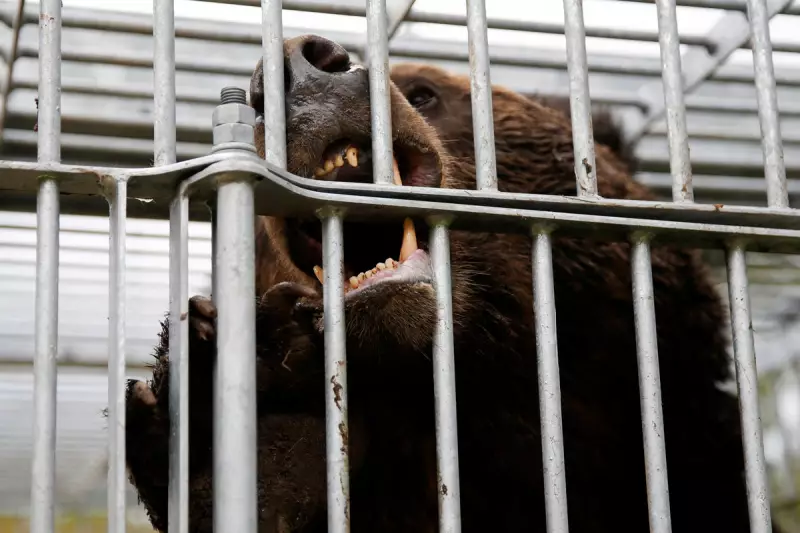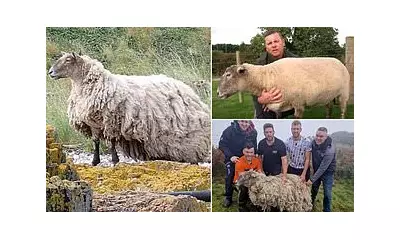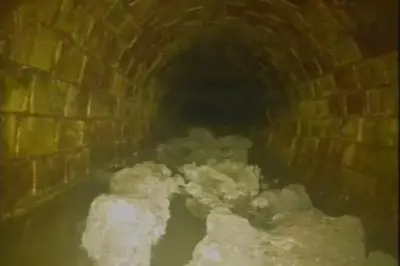
Authorities in Japan have taken the drastic step of authorising police to use rifles against bears, following a sharp and deadly increase in attacks across the country.
Unprecedented Spike in Fatal Encounters
The situation has reached a critical point, with the nation recording at least 13 bear attack fatalities since April. This grim figure marks the highest annual death toll on record, creating a state of emergency in affected regions.
In response, the Japanese government has not only amended rules to allow police to shoot the animals but has also deployed specialised riot police personnel trained in firearm use. Furthermore, the Self-Defence Forces have been sent to northern prefectures such as Akita and Iwate, which have borne the brunt of the violent encounters.
Root Causes of the Crisis
Wildlife experts point to a confluence of factors driving this dangerous phenomenon. A primary cause is the significant growth in the Asiatic black bear population, which has reportedly tripled since 2012.
This population boom is largely attributed to stricter hunting restrictions and a trend of warmer winters, which have improved survival rates. Compounding this issue is a severe shortage of the bears' natural food sources in their forest habitats.
With their traditional food supplies dwindling, the hungry bears are being forced to venture beyond their usual territory, increasingly coming into contact with human populations in villages and even urban areas.
Urgent Response and Future Implications
The severity of the situation has triggered urgent appeals for assistance from local authorities who are struggling to manage the crisis. The deployment of troops and the new shoot-to-kill policy underscore the level of official concern.
This comprehensive campaign, which includes a culling programme, represents a significant shift in Japan's approach to human-wildlife conflict. The focus is now squarely on immediate public safety as the nation grapples with the consequences of a changing ecosystem and its impact on both human and animal inhabitants.





